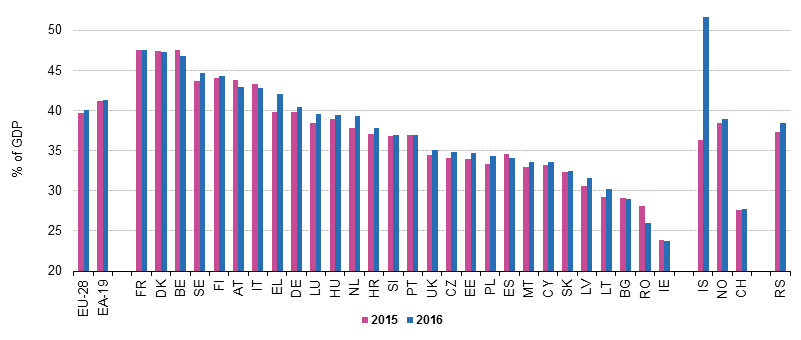Gordon Gekko
Registered User
- Messages
- 7,936
Ireland is a ridiculously high-tax jurisdiction, unless you’re a corporate. Yet nobody really speaks about it because of the lurch to the left politically. It’s time for people to start raising it with politicians as a key issue.
- The disparity between self-employed (55%) and employed (52%) is crazy
- Being a minority partner with the government in terms of any bonus or additional income (i.e. 45%/48% vs 55%/52%) is crazy
- The €1,270 CGT exemption is crazy (£11,300 in the UK)
- Branding people on €70k plus “high earners” is crazy
- Taxing deceased foreigners on their worldwide assets once they’ve been here 5 years is crazy
- Chargeable Excess Tax on pensions >€2m is crazy in the current low interest rate environment
- 41% tax on many investments is crazy
- Restricting interest deductions on rental properties is crazy
- Pitching Entrepreneur Relief at €1m when it’s £10m 90 minutes up the road is crazy
- The pension levy was crazy
- The rates of CGT and CAT (33%) are crazy
- The CAT thresholds are crazy
More people should highlight these issues, otherwise nothing will ever happen
- The disparity between self-employed (55%) and employed (52%) is crazy
- Being a minority partner with the government in terms of any bonus or additional income (i.e. 45%/48% vs 55%/52%) is crazy
- The €1,270 CGT exemption is crazy (£11,300 in the UK)
- Branding people on €70k plus “high earners” is crazy
- Taxing deceased foreigners on their worldwide assets once they’ve been here 5 years is crazy
- Chargeable Excess Tax on pensions >€2m is crazy in the current low interest rate environment
- 41% tax on many investments is crazy
- Restricting interest deductions on rental properties is crazy
- Pitching Entrepreneur Relief at €1m when it’s £10m 90 minutes up the road is crazy
- The pension levy was crazy
- The rates of CGT and CAT (33%) are crazy
- The CAT thresholds are crazy
More people should highlight these issues, otherwise nothing will ever happen
